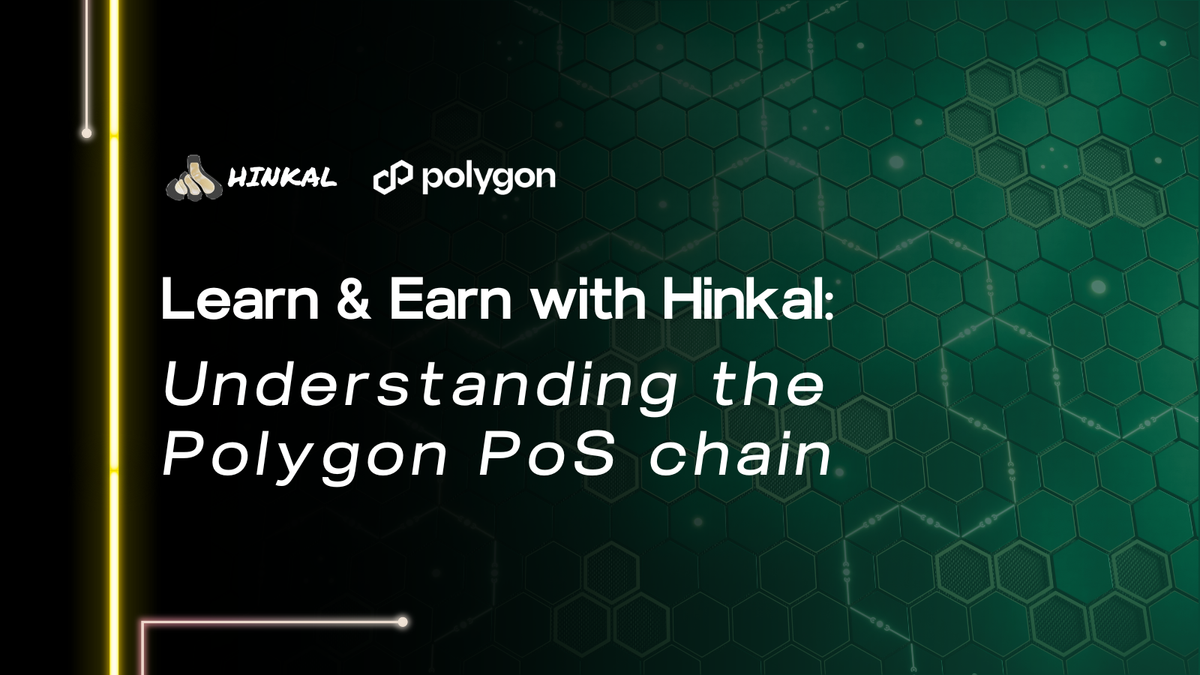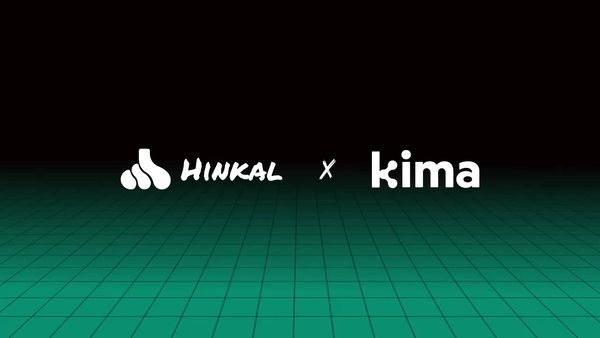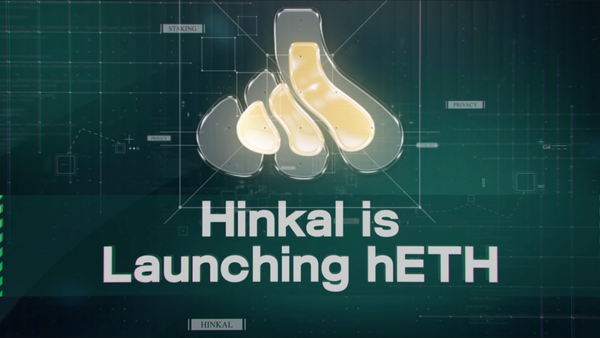Learn & Earn with Hinkal: Understanding the Polygon PoS chain

Polygon burst into fame in the crypto ecosystem with its ingenious solution to Ethereum scaling. It tackles two of the most famous problems in Ethereum: high transaction fees and slow processing times. With faster and inexpensive transactions, Polygon attracted a wide range of dApps and users who were looking for efficient alternatives to the Ethereum mainnet. This makes the chain even more attractive since it will be able to host several scaling solutions, such as sidechains and rollups.
Polygon Daily Transactions
Recent data has it that Polygon runs an average of 3 million daily transactions. This simply reflects its capacity for high activity levels and, in turn, development and user demand growth for the platform. On days of peaks, transaction counts are said to see even highs on the network, reflecting scalability and efficiency.
Let’s explore three major benefits of Polygon compared to its competitors.
- Affordability: The transactions on Polygon are approximately $0.015 in most cases, whereas Ethereum's mainnet transactions are roughly 10,000 times costlier than that. This cost efficiency makes it a very exciting platform on which to develop and operate applications because of the need for frequent low-fee transactions in these programs.
- EVM Compatibility: Polygon is a fully implemented EVM, allowing ease of migration for developers from Ethereum onto Polygon; therefore, minimum changes are being implemented on the codebase side. It leads to quicker development cycles and leverages Ethereum tooling and infrastructure.
- Scalability: The architecture of Polygon can scale up to 65,000 transactions per second on a single sidechain while having a block confirmation time of less than two seconds. The scalability avenue ensures that the network can handle several users and applications simultaneously without any congestion.
Need for Transaction Privacy on Polygon PoS
There is an ever-growing need for transaction privacy among the users on the Polygon PoS network for several reasons.
First and foremost is attack exposure. Transactions are highly public; this is a security risk, especially in regions prone to economic instability or high crimes. Participants may run the risk of falling victim to theft or fraud when transaction information can easily be traced.
Secondly, sensitive information would include companies having to reveal business-critical details on the usage of some stablecoins, such as USDT for payments. This sensitive data gets leaked due to the open-book nature of the transaction record. Privacy maintains user identity and transactional details.
How Hinkal Enables Privacy on Polygon PoS
Hinkal is a privacy protocol aimed at improving transaction confidentiality over blockchain networks, such as Polygon. It enables them to create private wallets inside smart contracts and ensures that while the overall smart contract is visible on-chain, the actual wallet addresses remain well-shielded.
In simple words, this means:
The details of the transactions are kept private. With the help of advanced cryptographic techniques, such as Zero-Knowledge proofs, Hinkal keeps the actual amount of transactions and their origins not publicly visible. This adds value to user privacy.
Another important aspect is regulatory compliance. Hinkal can provide privacy solutions that are compliant with regulatory requirements, without compromising on user data protection, hence apt for retail users and institutional clients alike.
Scalability Benefits of Private Transactions on Polygon
The integration of privacy features using protocols such as Hinkal can enable greater scaling of the Polygon network by:
- Expanding to new markets and users: Private transactions encourage user adoption since users have more confidence in the security of their swaps, payments, trades, yield farming, etc, hence engaging the network in active ways. The more the volume could mean different types of transaction growth.
- Attraction of Institutional Interest: Many institutions require that privacy needs to be ironclad before they use a blockchain network; therefore, such reliable solutions offered by Polygon would increase the institutional projects seeking a safe place for operations.
- Reduced risks from market manipulation: Participants in the transaction would have reduced visibility, hence reducing instances of market manipulation and consequently ensuring a more stable trading environment.
Through cost-effective, scalable architecture and compatibility with EVMs, Polygon has placed itself as the leading solution for scaling Ethereum. However, since the crypto space is highly in demand for privacy features within the popular blockchains, Hinkal’s solution becomes an essential bedrock for the scalability of any project. Hinkal ensures the protection of user data by enhancing transaction confidentiality, thus enabling the continuous growth and increased adoption of the Polygon network in the competitive environment.
Learn & Earn: Complete the quest to earn Hinkal Points.
Follow our social media to get more daily updates on DeFi privacy!




